Publications
Articles, publications, books, tools and multimedia features from the U.S. Institute of Peace provide the latest news, analysis, research findings, practitioner guides and reports, all related to the conflict zones and issues that are at the center of the Institute’s work to prevent and reduce violent conflict.
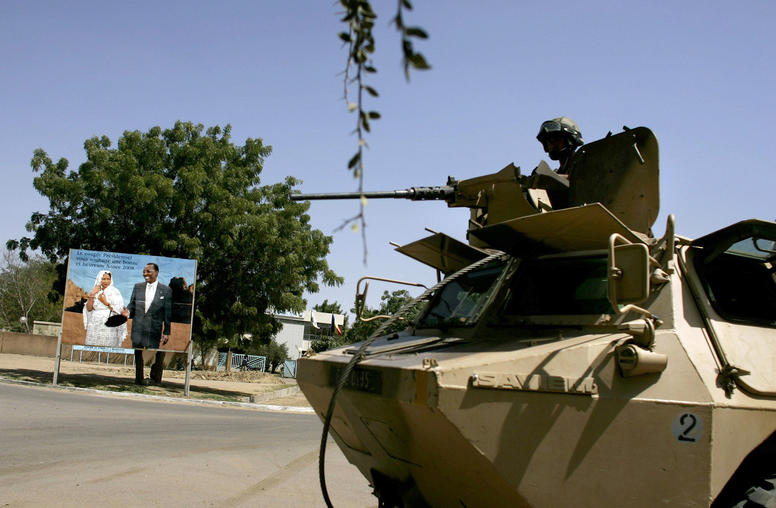
Chad, and Darfur, After Bashir
The politics of the Central African nation of Chad are closely connected with those of Sudan, most prominently because of Darfur, the vast and troubled Sudanese region which borders Chad to the east. The recent fall of Sudan’s president Omar al-Bashir—in power since 1989—raises questions about the future of Chad’s president and U.S. ally, Idriss Déby, beset by similar governance challenges and in power since 1990. Jérôme Tubiana, co-author of a 2017 USIP report on Chad, and USIP’s Aly Verjee discuss the implications of political change in Sudan for Chad.
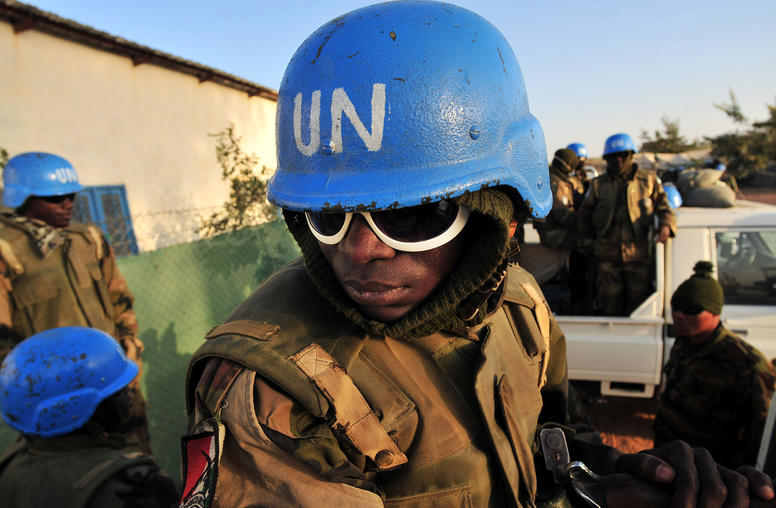
In Downsizing the UN–AU Mission in Darfur, First Do No Harm
Sudanese security forces attacked Khartoum’s central protest site on Monday, killing at least 35 civilians. The transitional military council (TMC), the junta which in April toppled Sudan’s longtime p
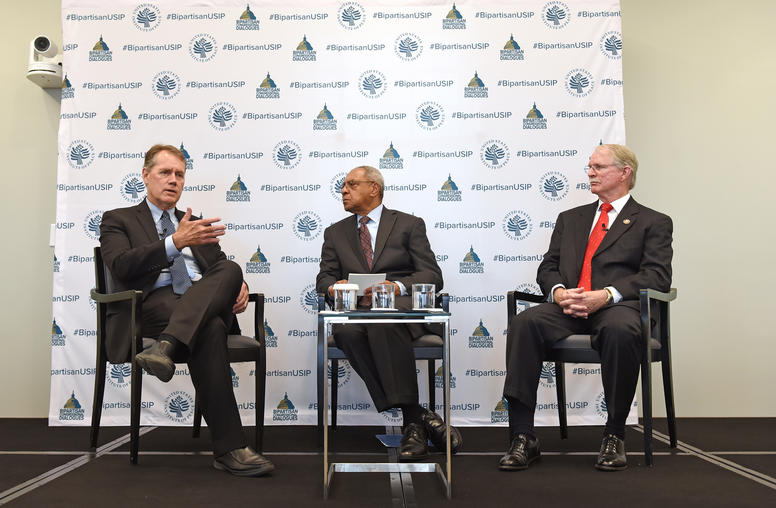
As China Projects Power in the Indo-Pacific, How Should the U.S. Respond?
There is a growing bipartisan consensus in Washington that China’s ascendance is a major strategic concern for U.S. and international security and stability. This is reflected in the 2017 U.S. National Security Strategy, which recalibrates U.S. foreign policy to address the challenges posed to American power and interests from escalating geopolitical competition with China and Russia. After a recent trip to the Indo-Pacific region, Rep. Ed Case (D-HI) and Rep. John Rutherford (R-FL) said they came away alarmed at how China is tightening its grip on U.S. allies across the region. What can the U.S. do to address China’s power projection and coercion in the Indo-Pacific and beyond?
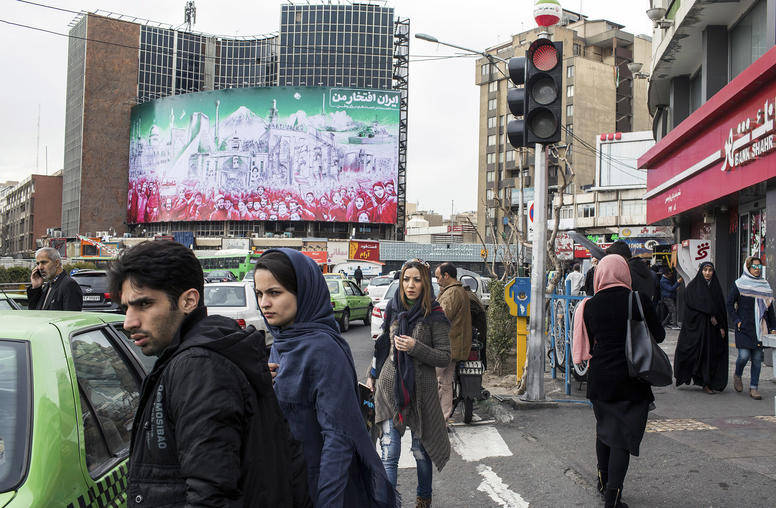
The Origins and Future of the Iran Crisis
The confrontation between the United States and Iran has shifted again as President Trump and the administration announced financial sanctions against Iran’s supreme leader, the Ayatollah Ali Khamenei, and other Iranian officials. Within days, the crisis has spun from attacks on oil tankers to an Iranian missile strike on a U.S. military surveillance drone, all centered around the Persian Gulf, the economic artery for about a third of the world’s oil. Hours after President Trump announced the latest sanctions, USIP’s Robin Wright—who directs the Institute’s Iran Primer project—discussed where the crisis stands, and where it could turn.
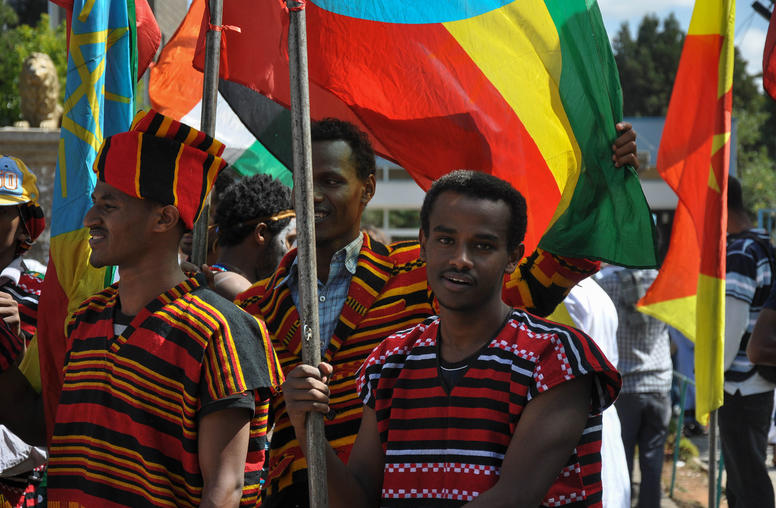
In Southern Ethiopia, Trouble Brews in Sidama
The southern Ethiopian area of Sidama is famous for its coffee. But amid the beans, bitterness lingers. More than 50 people were killed in recent violence, as Ethiopia struggles with demands for the creation of a new Sidama ethnic federal state—a right explicitly permitted by the national constitution. USIP’s Aly Verjee discusses the implications of this latest challenge to peace in Africa’s second most populous country.
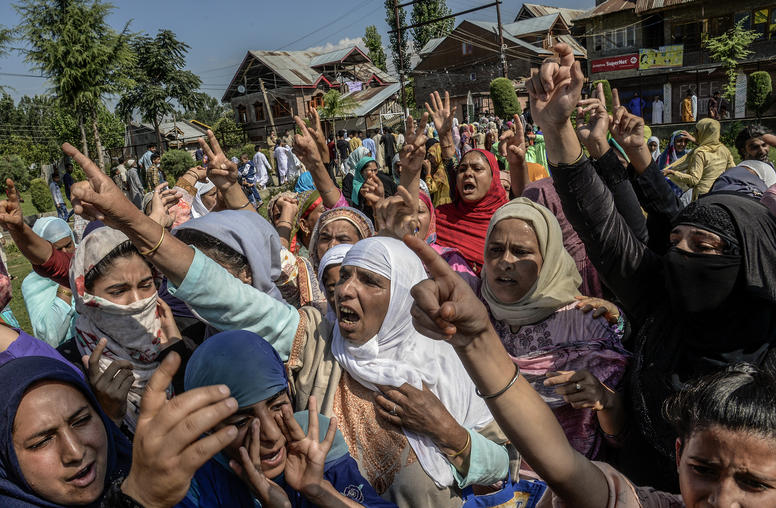
Kashmir Crisis Raises Fear of Intensified India-Pakistan Conflict
Last week, India made a controversial decision to revoke the special status of the disputed region of Kashmir and sent thousands of troops to quell any potential unrest. The Muslim-majority territory has been a major source of tension between India and Pakistan since it was partitioned between...

What Can We Learn from Syria’s Devastating Decade of War?
As the Syrian conflict marks its 10th anniversary, the protest movement from which it emerged stands as perhaps the most consequential of the Arab uprisings. The March 2011 peaceful protests that erupted across Syria have since evolved into the world’s most complex conflict. Equally significant, the conflict’s trajectory provides important insights into the complexity of the challenges that lie ahead in Syria, with significant ramifications for the region and the broader international community.
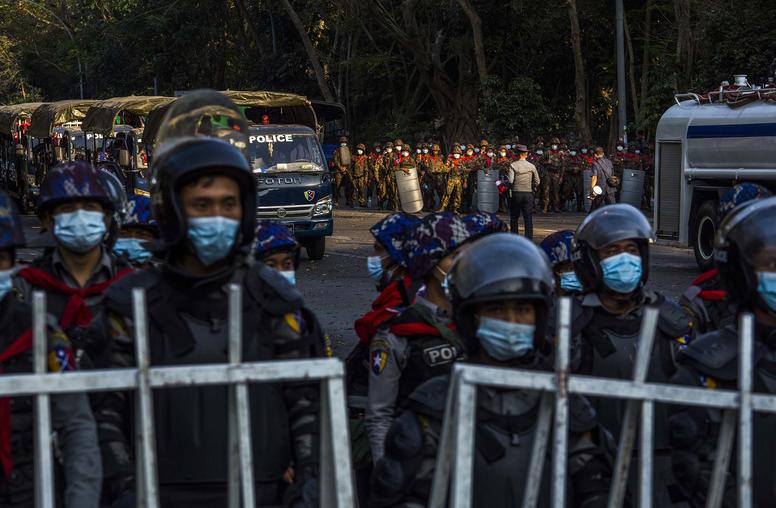
Myanmar Coup: The International Shockwaves Have Just Begun
Myanmar has collapsed into horrific violence since the military sought to retake full control of the country on February 1. Western governments have watched in distress as soldiers rounded up civilian leaders including State Counsellor Aung San Suu Kyi and President Win Myint, restricted internet access, rolled back individual freedoms and ultimately employed violence against the people. These domestic effects of the coup have been widely noted. USIP’s Jason Tower examines here the less discussed international security repercussions, the response of regional actors and options for preventing mass atrocities in the coming weeks.
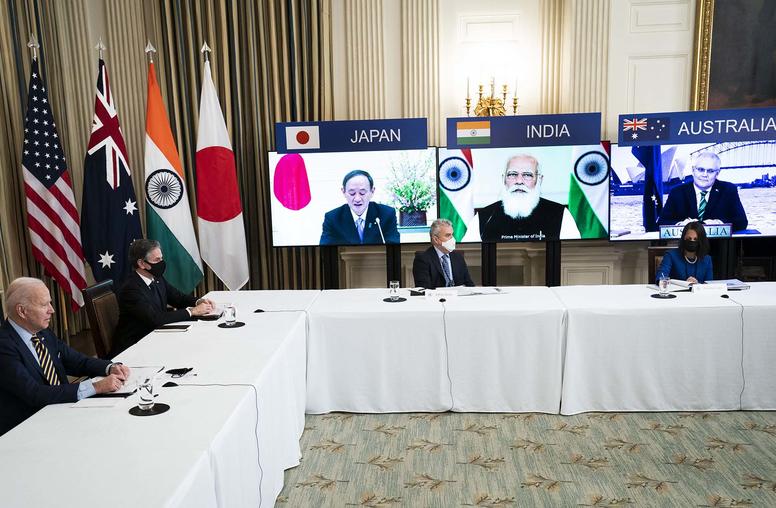
Austin, Blinken Affirm U.S. Commitment to Asian Allies
U.S. Secretary of State Antony J. Blinken and U.S. Defense Secretary Lloyd Austin are in Asia this week for their first official foreign trip. They held meetings in Japan and South Korea. Blinken returned to the United States via Alaska where he and U.S. National Security Advisor Jake Sullivan meet with their Chinese counterparts today, while Austin is in India. On March 12, President Joe Biden and the leaders of Australia, India and Japan participated in a virtual summit of the “Quad,” a strategic dialogue between the four countries aimed at ensuring an open, free and prosperous Indo-Pacific region.

Toward a Gender-Inclusive National Security Strategy
With the Women, Peace and Security (WPS) Act of 2017, the United States is the only country in the world to codify into law women’s critical role in building peace and security. The law requires the Department of Defense, among several U.S. government agencies, to create strategies that prioritize the perspectives, safety and meaningful participation of women across all facets of national security — a critical factor in addressing the complex challenges facing the United States.